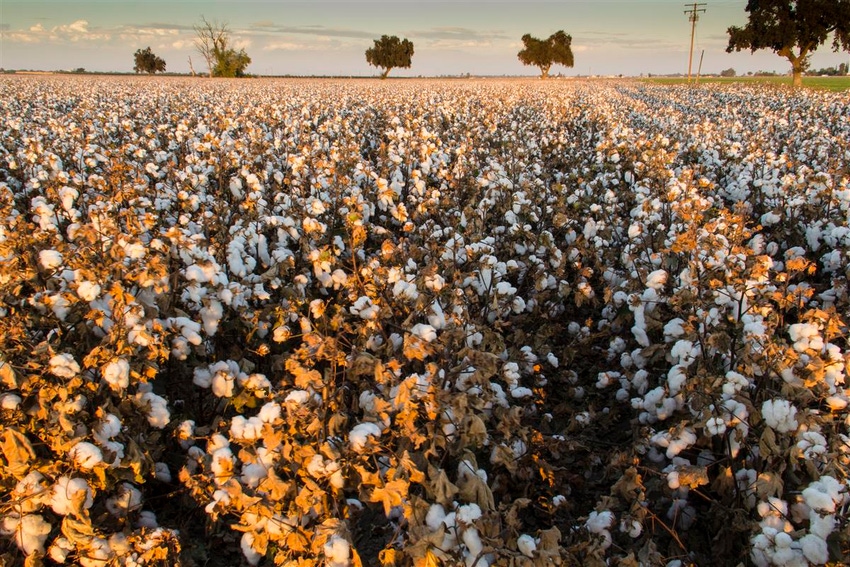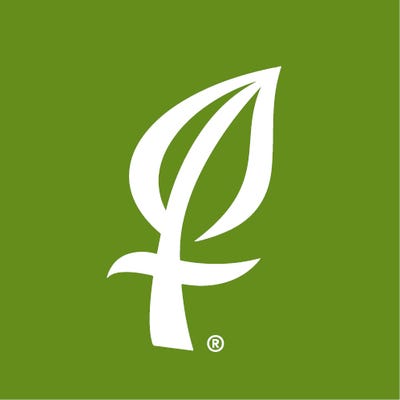November 10, 2015

Cotton may not be king anymore in California due largely to drought and permanent crop plantings, but this has not slowed seed companies from offering a plethora of fiber variety options to growers.
This year, the Phytogen cotton seed brand from Dow AgroSciences is the number one planted brand for Pima- and Upland Acala-type cottons in the Golden State, followed by Bayer CropScience’s FiberMax and Stoneville seed varieties.
According to the U.S. Department of Agriculture, nearly half of the California Upland crop is spread across four Phytogen varieties. More than 82 percent of the Pima crop is from two popular Phytogen varieties.
This year, the PHY 725 variety was the most popular Upland variety planted in the state, accounting for over 26 percent of the state’s cotton crop. The newer PHY 755 made up just over 8 percent of the state’s Upland plantings, based on the USDA numbers.
The statistics do not reflect a new Phytogen (PHY) offering currently in limited, experimental trials seems to show significant promise.
PHY 764 is a new Upland Acala variety slated for official release in 2016, according to Dow sales representative Harry Peck. He believes PHY 764 could eventually replace the current Acala varieties PHY 725 and PHY 755.
The new PHY 764 has yielded better in trials, according to Peck and growers who grew experimental plots of the variety. Growers in the central San Joaquin Valley counties of Kings and Tulare appear to like how it yields.
According to Peck, PHY 764 has the WideStrike insect component, which is expressed in two proteins from Bacillus thuringiensis in cotton plants, to provide improved worm control. PHY 764 will also be Roundup Ready.
Peck said, “If you don’t have worm control in your cotton you won’t sell cotton in the rest of the cotton belt.”
ELS Cotton
On the Pima side, Phytogen commanded an even larger share of cotton acreage. Two of their extra-long staple (ELS) varieties – PHY 805 and PHY 811 – represented 82.5 percent of ELS plantings.
In California, Peck says some growers in the northern San Joaquin Valley growing region of Madera and Merced counties still plant some PHY 830 conventional cotton.
Peck says two new Pima offerings are in the works for Phytogen, but do not have assigned numbers yet. The new varieties could have greater Fusarium Race 4 resistance and produce higher quality lint.
“These are bred here in the San Joaquin Valley, so they will likely be offered here as well,” Peck said.
Bayer CropSciences’ FiberMax and Stoneville varieties were a close second in California plantings, accounting for about one-third of the Upland cotton planted in the state. This figure breaks down to 20.7 percent across seven FiberMax varieties and 13.5 percent across four Stoneville varieties.
At about 5 percent of the state’s Upland crop, Bayer’s Stoneville ST 5032 variety was the top Bayer variety planted in the state, USDA says. It offers full tolerance to Liberty and glyphosate herbicides, plus a broad-spectrum lepidopteran insect protection utilizing two Bt genes to protect against worms. It’s also an early-to-medium maturing cotton.
Bayer’s top FiberMax variety was the FM 2484 B2F at about 4.2 percent of the state’s Upland acreage.
Monsanto’s Deltapine brand accounted for about 16 percent of California’s Upland crop including five varieties, and about 8.5 percent of the Pima crop with two varieties.
USDA says Deltapine’s top planted California variety was DP 1044 B2RF with insect control and Roundup Ready tolerance; accounting for about 4.7 percent of the state’s Upland crop.
Acreages down
Based on state pink bollworm survey numbers, 2015 California cotton acreage totaled about 162,000 acres - nearly half of the 2012 planted acreage (367,000). This year’s breakdown is about 116,000 acres of Pima and about 46,000 acres of Acala.
On the Arizona side of the cotton row, 2015 cotton acreage is just south of the 100,000 mark for Upland and Pima; the vast majority is Upland. NASS reports that 41 percent of Arizona’s 2015 Upland cotton crop was planted in Monsanto-Deltapine seed.
Nationally, Deltapine was the top-planted brand with almost a third of all cotton plantings across the cotton belt.
Deltapine’s DP 1044 B2RF continued this year as the most widely planted variety in Arizona (23 percent), one of many varieties out of the company’s Arizona breeding program.
Dave Albers, Monsanto’s cotton germplasm manager, calls the company’s DP 1044 B2RF, DP 1219 B2RF, and DP 1359 B2RF the “Big Three” varieties in Arizona.
Also this year, Deltapine commercially released several new Bollgard II XtendFlex varieties with extended weed control options. Albers says DP 1549 B2XF is an option for growers wanting improved weed control and who want to try out XtendFlex technology.
The variety has similar plant performance to Deltapine’s DP 1219 B2RF and DP 1359 B2RF varieties.
In the company’s technology pipeline, Monsanto plans to deliver a pest trait for lygus and thrips control around 2020. The company has developed a new seed treatment for root knot and reniform nematode control which could be released in the next several years.
From Dow, two popular Phytogen Upland varieties for Arizona include PHY 339 WRF and PHY 499 WRF.
Dow’s Arizona sales rep Junior Evans of Dow calls PHY 399 WRF a good choice for growers coming off wheat or alfalfa this year. The cotton’s early maturity profile fits these double-cropping systems, and performs well on no-till operations.
Phytogen 805 RF is the number one planted Pima variety in Arizona. PHY 811 RF is Dow’s latest Pima variety entry which Dow says has good yield potential and fiber quality.
For 2016, Phytogen will bring three new Upland varieties to the commercial market, including PHY 312 WRF, PHY 333 WRF, and PHY 444 WRF. Dow says PHY 312 WRF variety is verticillium wilt tolerant.
From Bayer CropSciences, the top variety for Arizona this year is Stoneville 4946 GLB2 with good heat tolerance from all growing regions across Arizona, plus good yields and fiber quality, according to Kenny Melton, Bayer’s western region agronomic manager.
Stoneville 4946 GLB2 has tolerance to the root knot nematode and growers can spray Liberty over the top as well as glyphosate for pigweed control.
In its second year on the commercial market is Bayer’s FiberMax 1830 GLT which offers good fiber quality, early-to-mid season maturity, plus verticillium wilt tolerance.
Looking to 2016, Melton says Bayer will look at several experimental varieties for launch, including a variety in the early-to-mid-season range and possibly a full-season variety.
For the latest on western agriculture, please check out Western Farm Press Daily and receive the latest news right to your inbox.
About the Author(s)
You May Also Like






